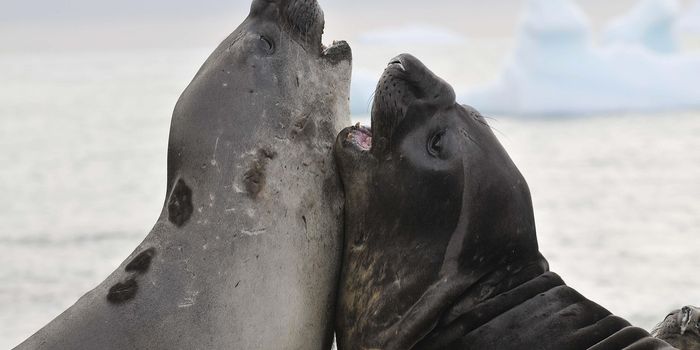England Only Has Four Breeding Pairs of Hen Harriers Left
It seems, another day, another animal on the brink of extinction. Only this time, the spotlight is being focused on hen harriers, a bird of prey found throughout the United Kingdom.
Image Credit: Andy Hay/RSPB
In 2010, England was keeping a close eye on the species and found that there were 12 breeding pairs left in the wild, but the latest count in 2016 reveals that the number has sadly dropped to just four breeding pairs.
For the last century, the creature was subjected to illegal killings that brought its numbers down to these dangerously-low figures. Numbers are down across the entire encompassing continent, although the England-based population appears to be the closest to going extinct.
For comparison, Scotland, which has the largest hen harrier population of any nation in the UK, is also seeing a drop. A 2010 count yielded 505 breeding pairs and a 2016 count yielded just 460 breeding pairs.
Similar trends are also being seen in other neighboring nations, like Ireland and Whales, and things aren’t looking too good for the future of the hen harrier as the numbers continue to plummet globally.
Related: The first modern-day bird to go extinct in the Galapagos
Attacks on the birds are criminal offenses and are punishable by jail time. While attacks aren’t as common today as they were in the past, the violence of the past has sent a sharp echo through the regions.
The Royal Society for the Protection of Birds (RSPB) was, in part, behind these bird count initiatives, along with several other UK-based agencies, and have been tracking their numbers to spread awareness.
“The latest figures back up a continued trend that we have seen for more than a decade – hen harrier numbers are on the decline throughout the UK,” said Martin Harper, the conservation director at the RSPB.
“The illegal killing of this bird of prey is a significant factor behind the diminishing numbers and a large barrier stopping their recovery.”
Preventing the extinction of the England population of hen harriers is possible, but it will take a miracle.
Source: BBC









